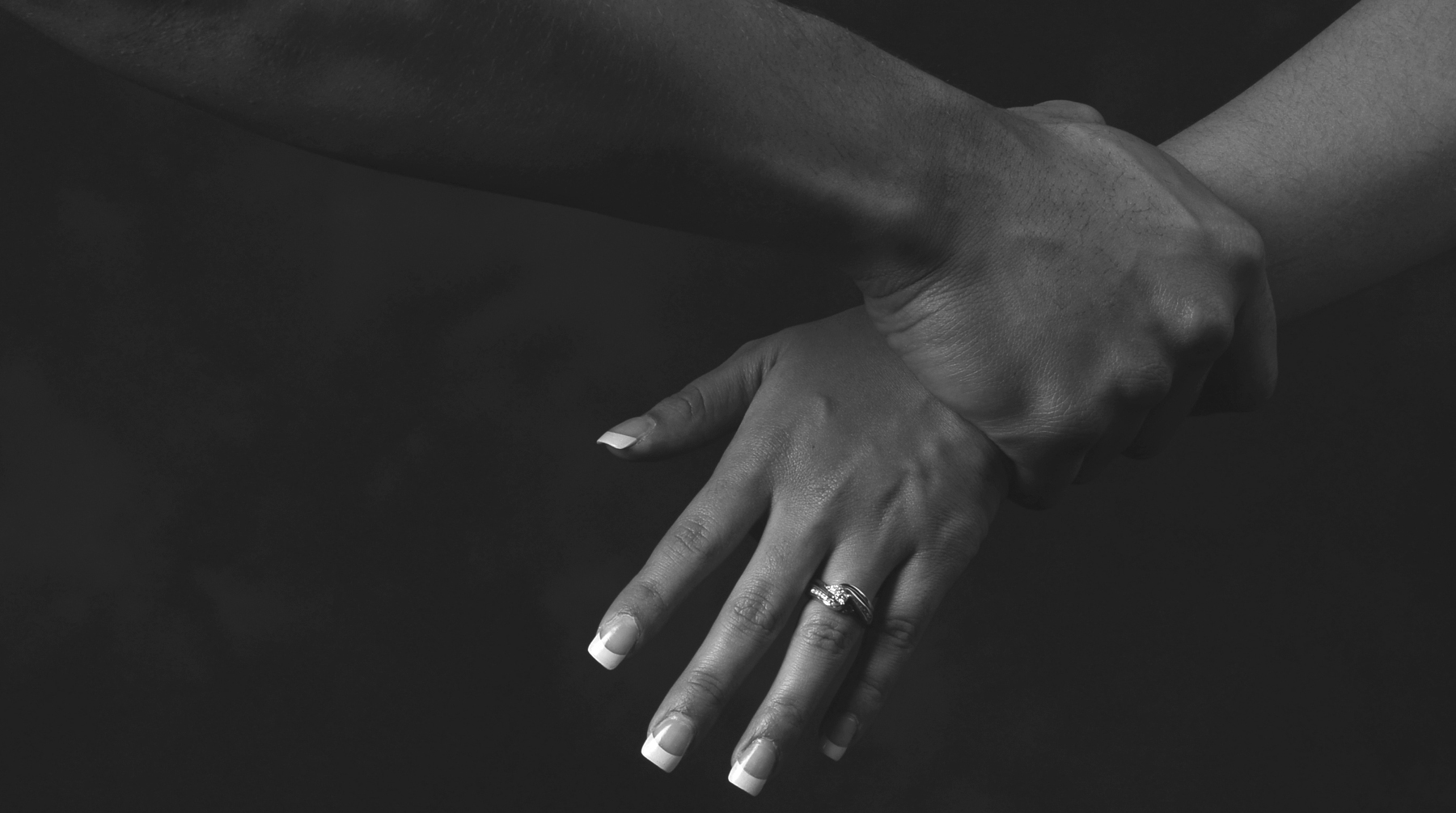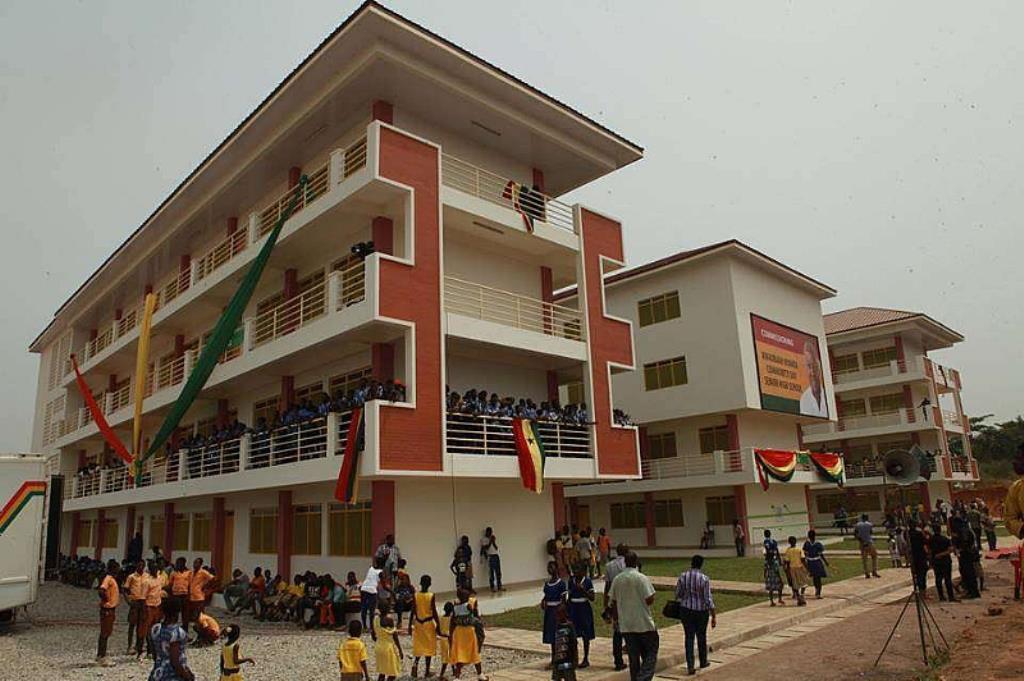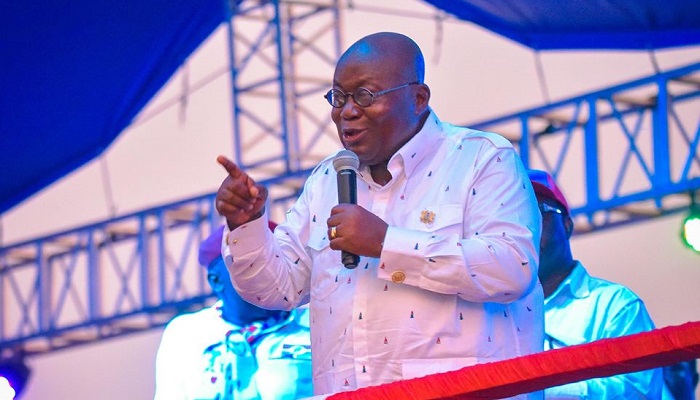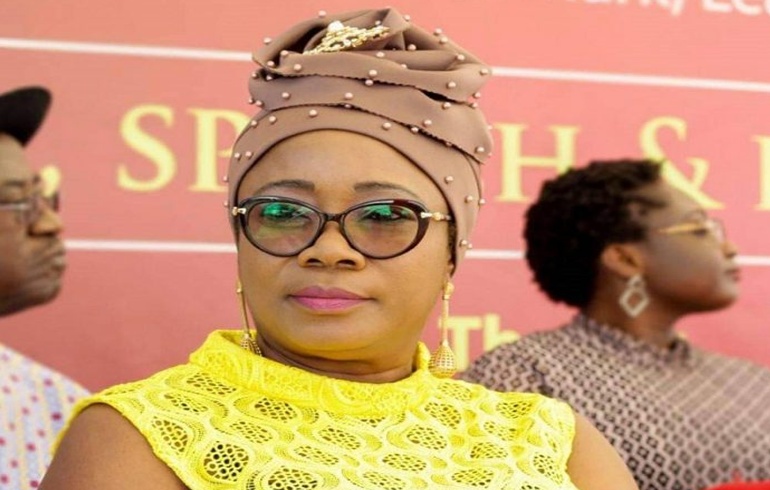The United Nation has declared 25th November every year as International Day for the Elimination of Violence against Women.
This year’s theme for the International Day for the Elimination of Violence against Women is “Orange the World: Fund, Respond, Prevent, Collect.”
Since the outbreak of COVID-19, emerging data and reports from those on the front lines, have shown that all types of violence against women and girls, particularly domestic violence, has intensified.
This is the Shadow Pandemic growing amidst the COVID-19 crisis and we need a global collective effort to stop it.
As COVID-19 cases continue to strain health services, essential services, such as domestic violence shelters and helplines, have reached capacity.
More needs to be done to prioritize addressing violence against women in COVID-19 response and recovery efforts.
As countries implemented lockdown measures to stop the spread of the coronavirus, violence against women, especially domestic violence, intensified – in some countries, calls to helplines have increased five-fold.
In Ghana, girls and young women are most at risk of gender-based violence, especially sexual violence.
Ghana’s first legislative interventions against domestic violence (DV) reflected the global efforts in pushing for women’s rights to be recognized as human rights.
The Government of Ghana has enacted several national laws to protect women’s rights and outlaw violence against women and girls.
The Government has also put in place a range of policy and institutional mechanisms to protect girls and women from violence, including the Domestic Violence and Victim Support Unit (DoVVSU) of the Ghana Police Service.
This study assesses 10 districts/municipal offices of DoVVSU in the Greater Accra Region and ascertains how DoVVSU set-ups provide safe spaces for survivors and how these offices are operationally resourced.
Source: Mybrytfmonline/Kofi Atakora
















































